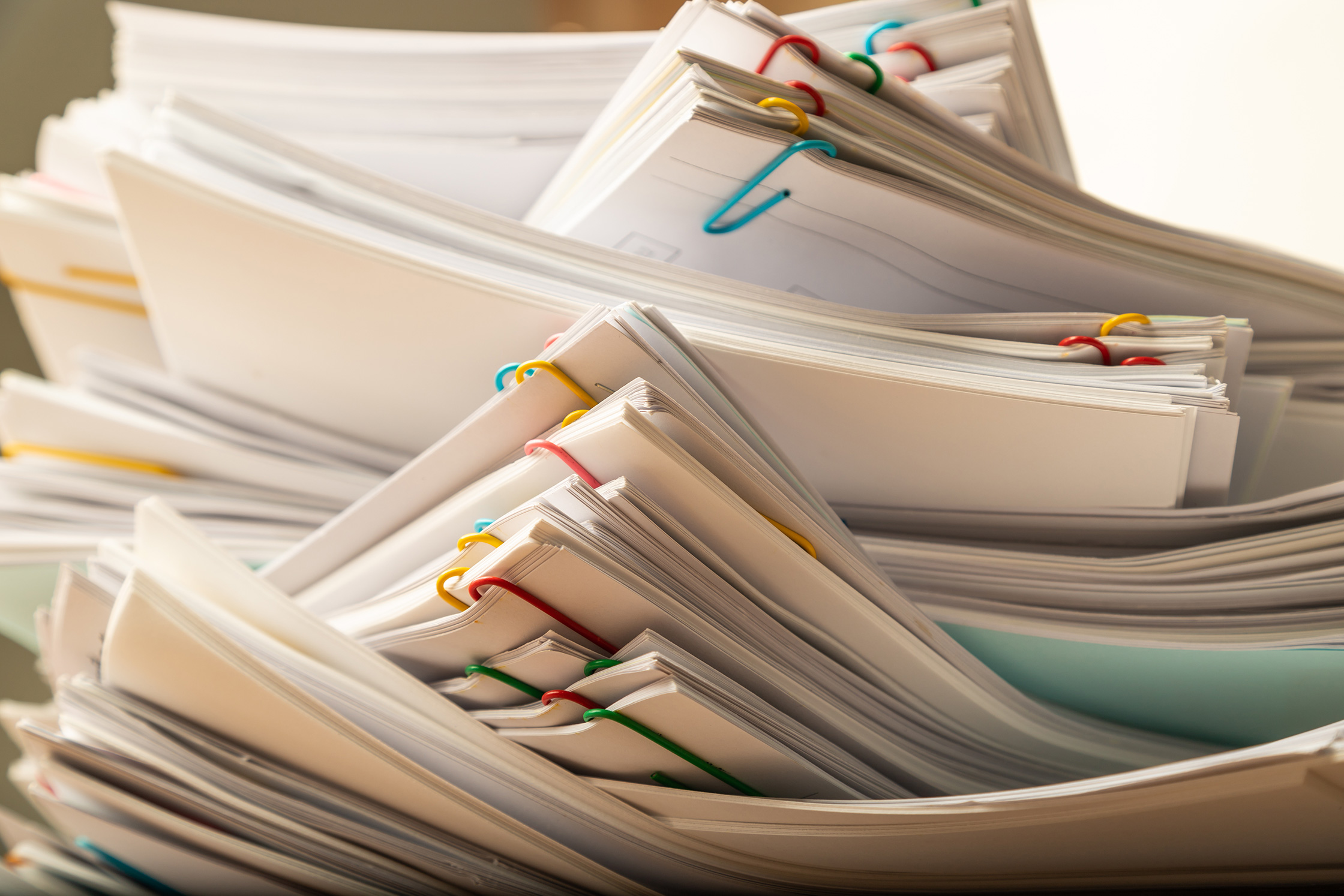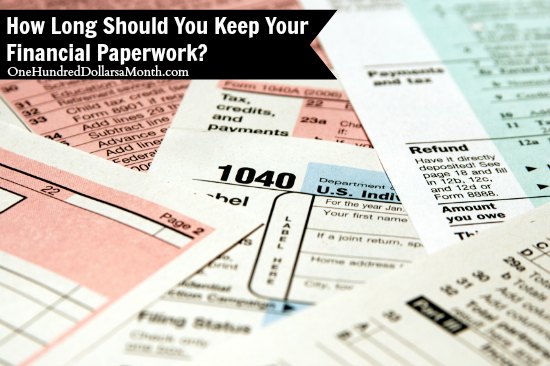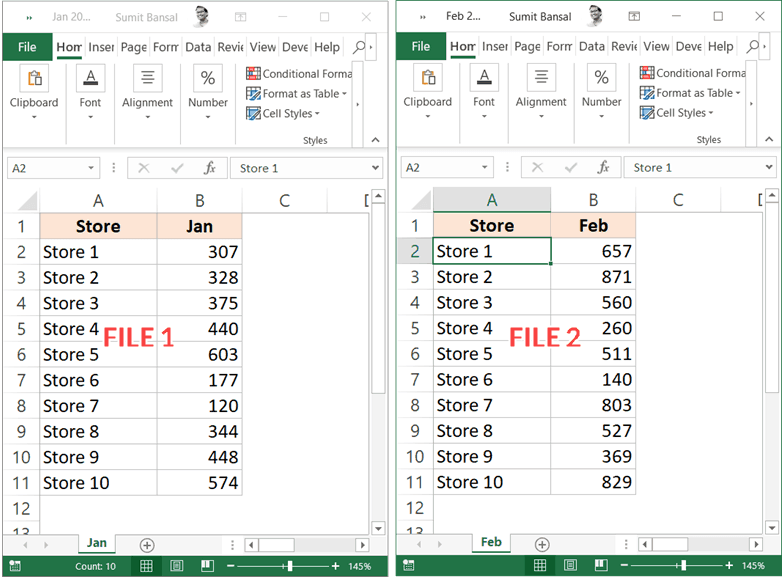How Long to Keep Your Tax Paperwork: Essential Guide

The idea of managing and retaining tax documents can be as daunting as preparing the tax return itself. Yet, understanding how long you should keep your tax paperwork is crucial for both legal compliance and for personal financial clarity. In this comprehensive guide, we'll delve into the essentials of tax document retention, providing you with the knowledge to navigate this aspect of financial management confidently.
Why Is It Important to Keep Tax Paperwork?

Before diving into the how long, let’s understand the why. Keeping tax paperwork is essential for several reasons:
- Audit Protection: The IRS or your state might audit your tax returns. Having the necessary documents can defend your tax filings.
- Refunds and Adjustments: Sometimes, amendments or claims for refunds arise post-filing, and you’ll need original documents.
- Financial Tracking: For personal finance management, historical records are invaluable for tracking income, expenses, and potential tax deductions.
- Legal Compliance: Certain documents need to be kept for a mandated period for legal reasons.
How Long Should You Keep Tax Paperwork?

The duration for which you should retain tax records varies based on the type of document:
- Income Records: Forms like W-2s, 1099s, or K-1s should be kept for at least 3 years after the tax return filing date. If you fail to report income, the IRS has the right to audit indefinitely, but it usually doesn’t go past 6 years.
- Home Purchase and Sales: Keep records related to home transactions for a minimum of 3 years, but if they’re used for tax deductions, retain them for as long as you own the property, plus 3 years.
- Investment Records: For investments, keep transaction records (purchase, sale, dividends) for 3 years after the sale or until 7 years if they’re reported on your tax return with gains or losses.
- Retirement Accounts: Documents like 401(k) or IRA statements should be retained for at least 3 years, and indefinitely for benefits like rollover documentation.
- Business Tax Records: Self-employed individuals or business owners need to keep records for at least 6 years, considering potential employment tax issues.
- Inheritance and Estate Taxes: Keep estate-related documents for as long as you’re holding inherited property, plus 3 years after selling or disposing.
Notes on Digital Records

💻 Note: Digital records can replace physical ones if securely backed up and accessible. Use password protection or encryption for sensitive files.
Summing Up

Ensuring you keep your tax paperwork in order is not just about compliance; it’s a proactive measure for financial well-being. With the guidelines outlined, you’re now equipped to manage your tax documentation effectively, ensuring you’re prepared for audits, amendments, or any future tax-related queries. Keep these documents organized, accessible, and secure, and you’ll navigate tax season and beyond with ease.
Can I dispose of tax documents after the 3-year mark?

+
In general, yes, but consider if there are reasons to keep them longer. If you’ve claimed a loss or deduction for home improvements, keep records for as long as you own the property.
Is shredding tax documents safe?

+
Yes, shredding sensitive documents like tax records is a secure method to dispose of personal information. Use a cross-cut shredder for added security.
What if I can’t find my old tax records?

+
Reach out to past employers, financial institutions, or the IRS for transcripts if you need to reconstruct your records.



